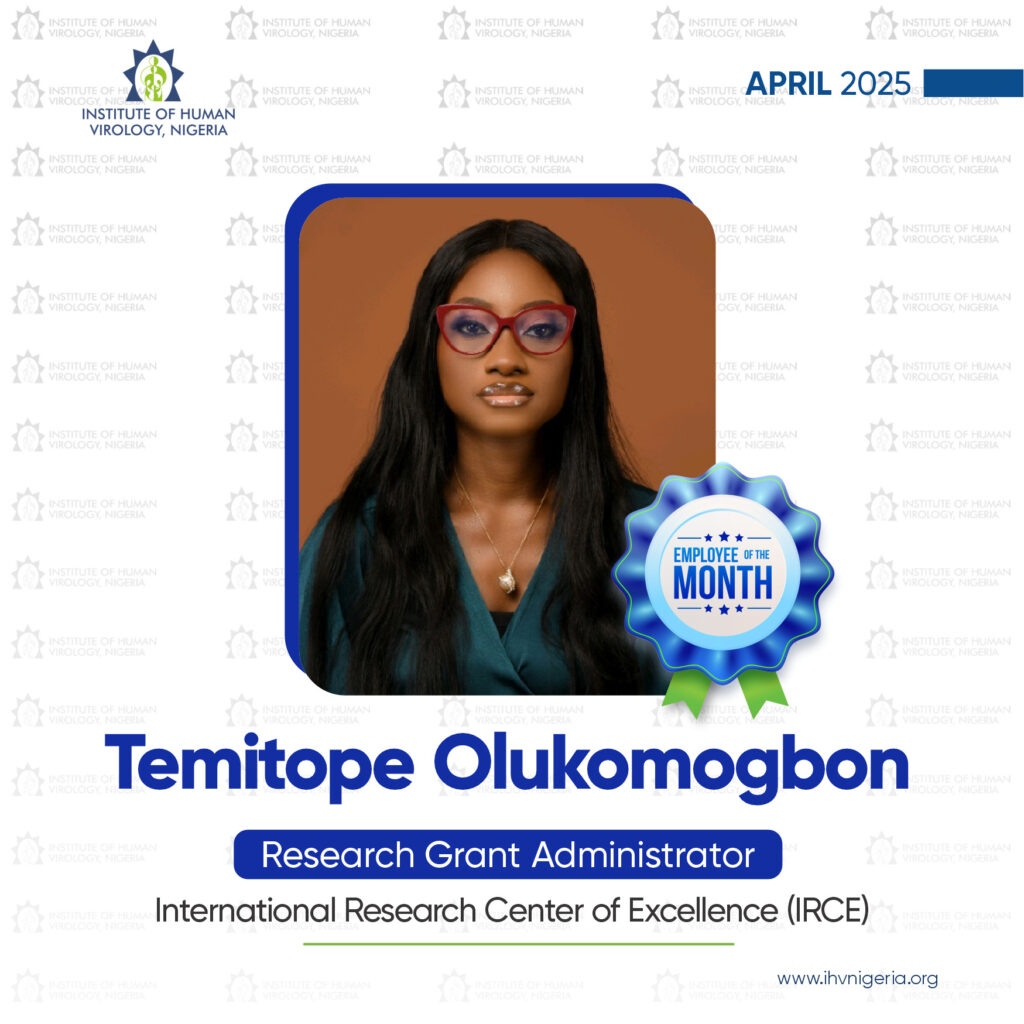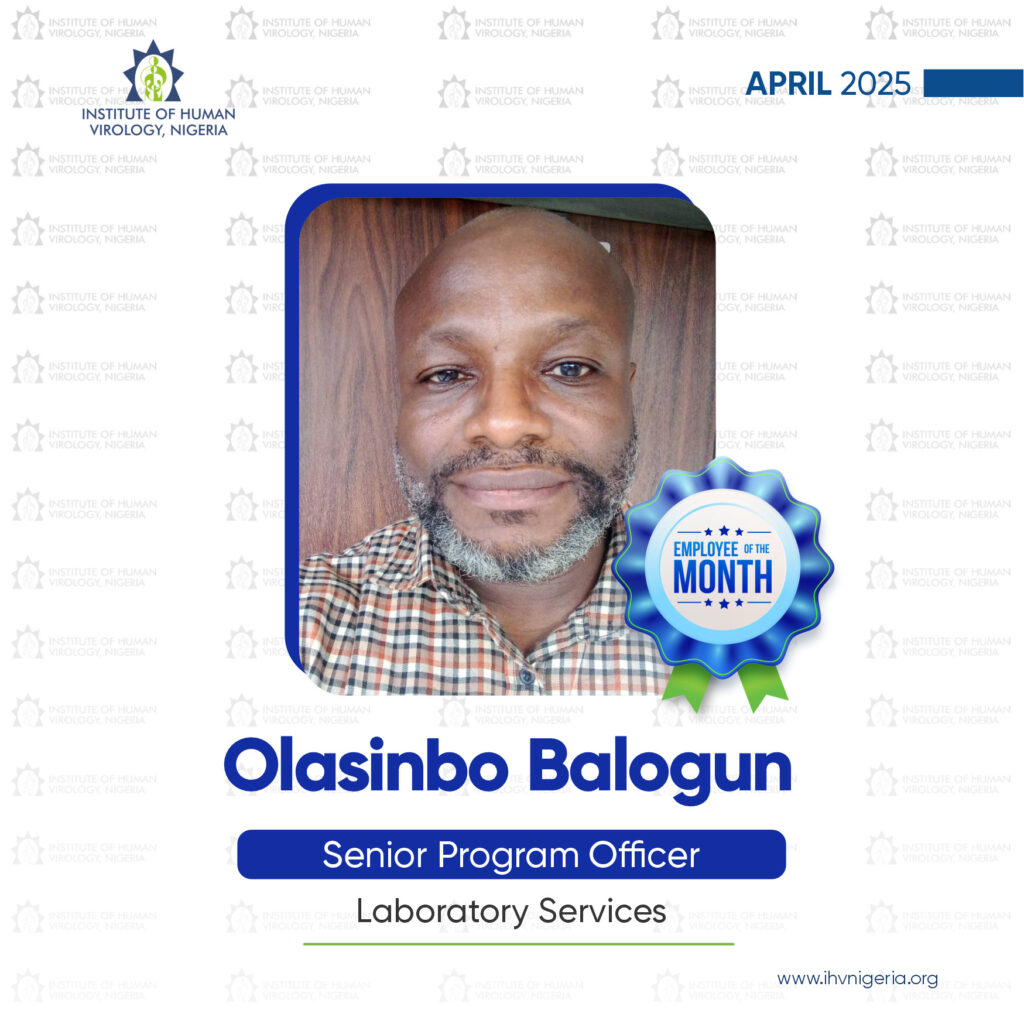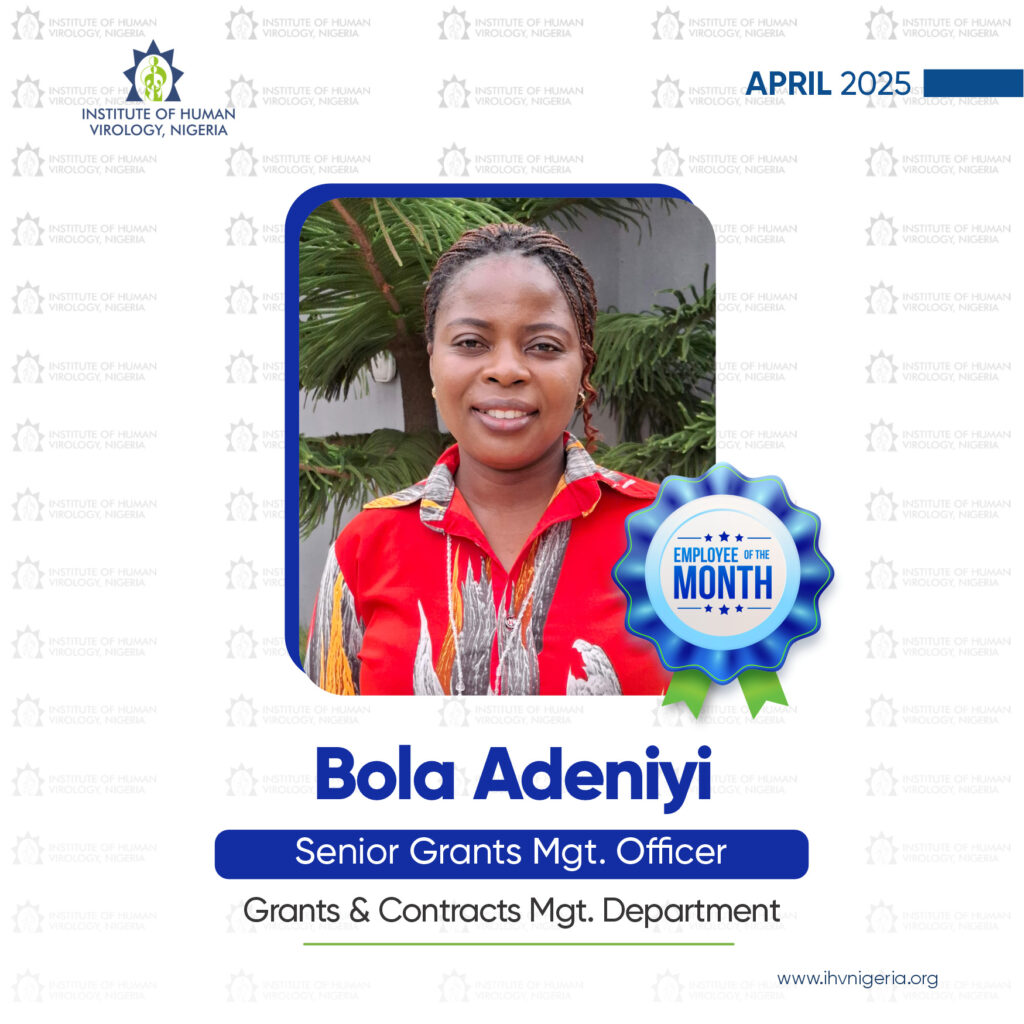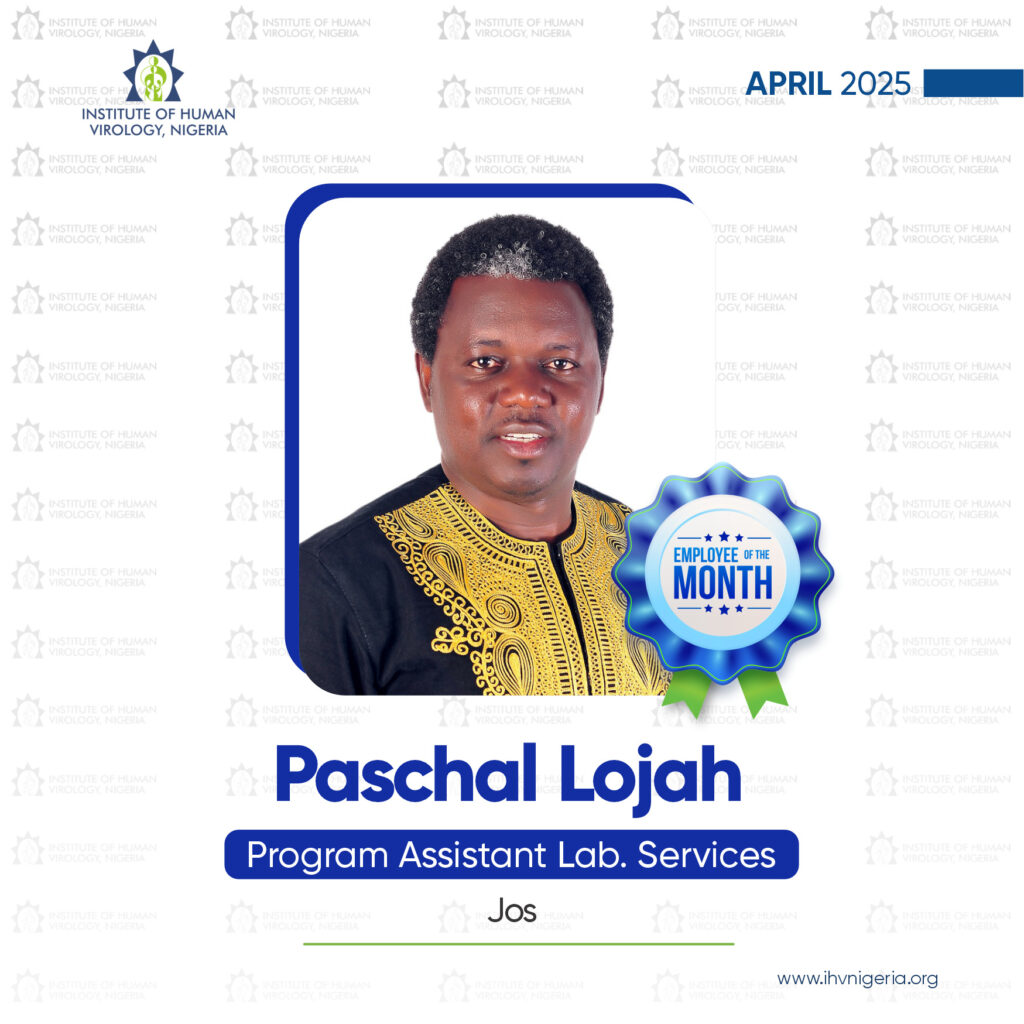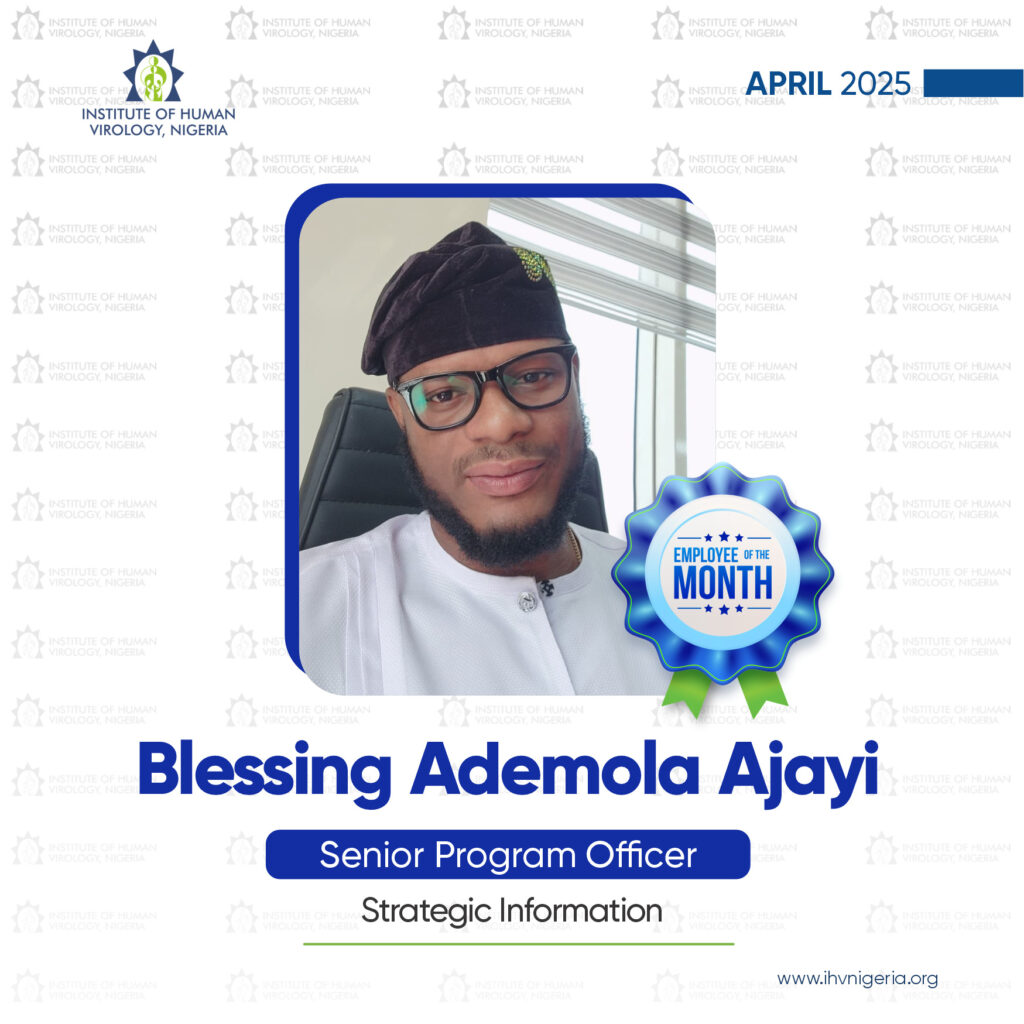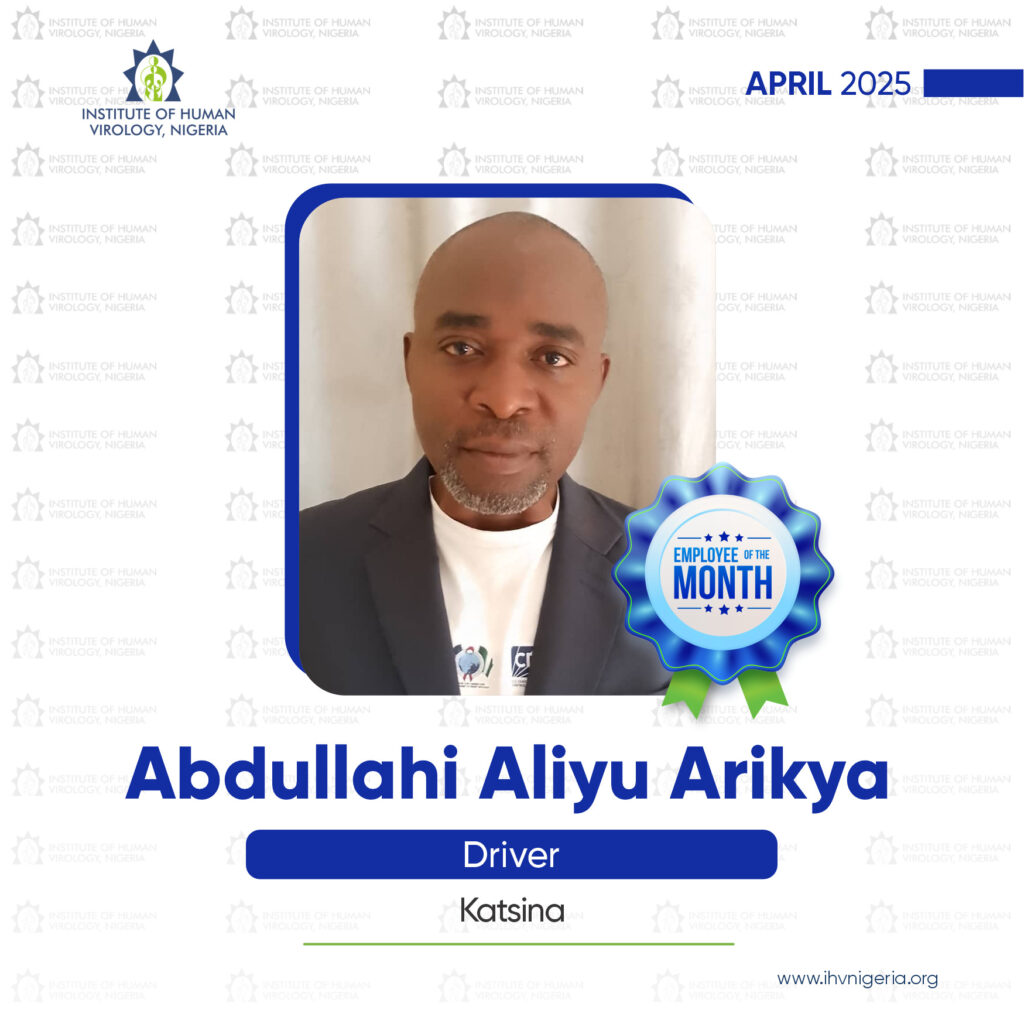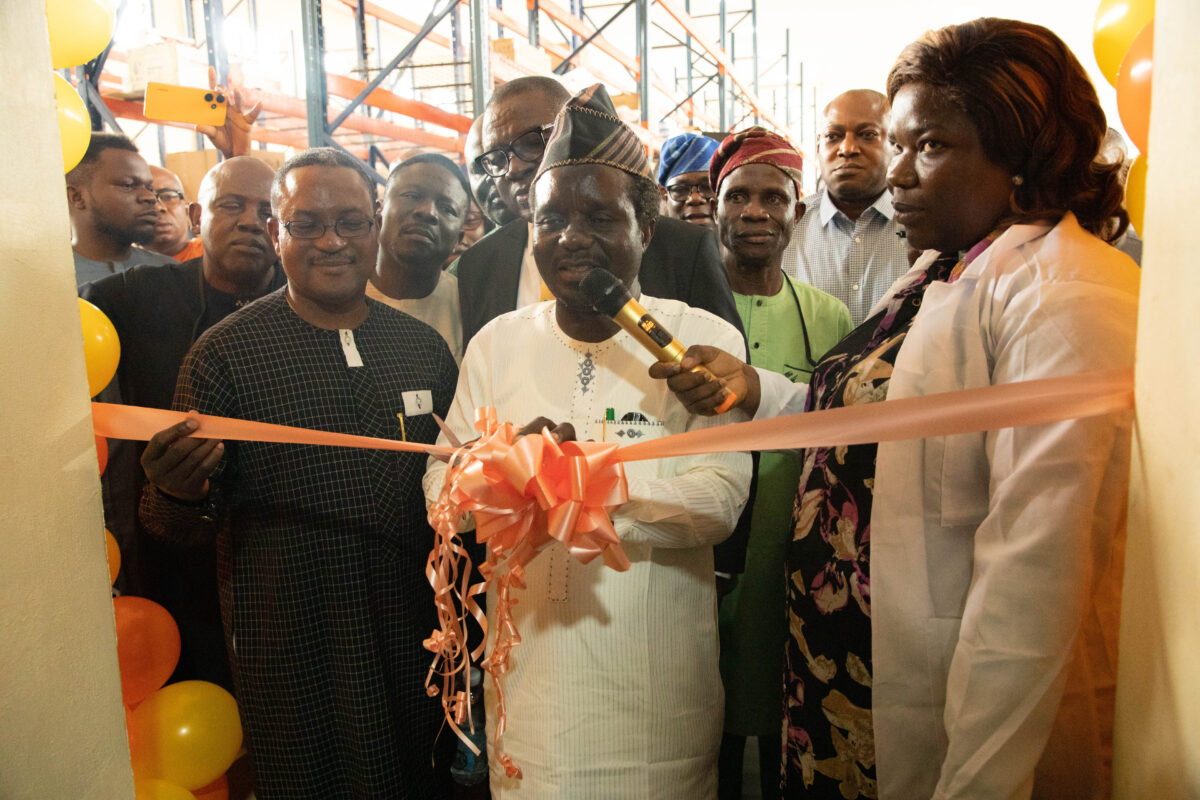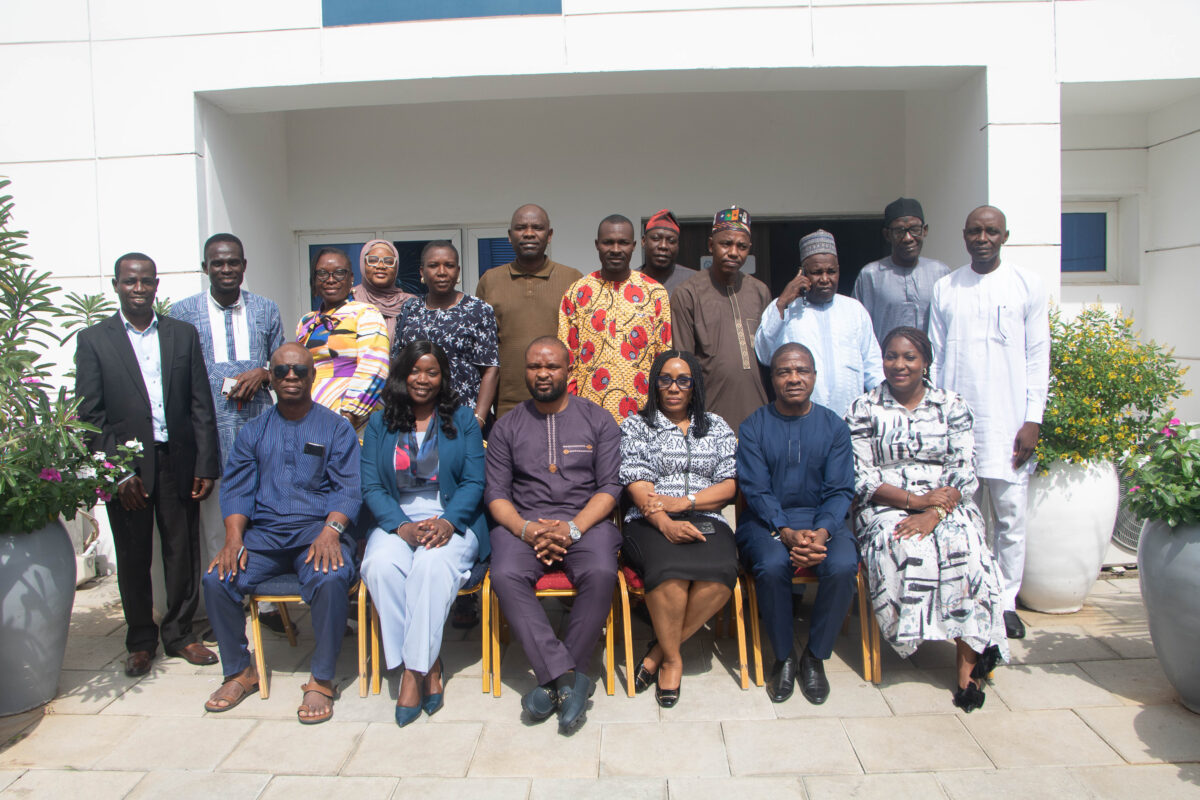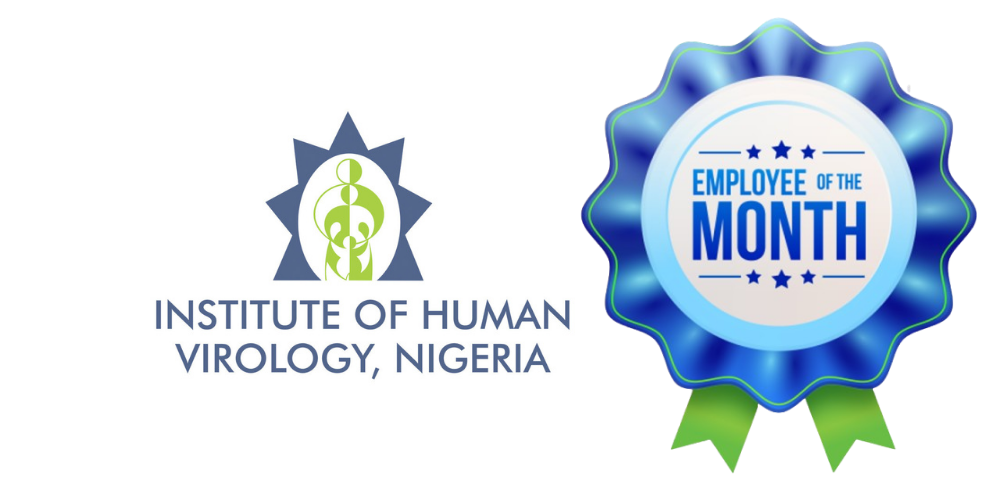| The Institute of Human Virology, Nigeria is seeking bidders to bid for the Supply of Cereal Based Foods under GF N-THRIP grant | |
| Opening Date/ Time: | 25th April 2025 |
| Closing Date/ Time: | 10th June 2025 @10:00am |
| For more on this bid, kindly download the complete bid document, | Click here to download the bidding document |
Data Analysts, Researchers Gain Skills at PHDA Training
About 50 data specialists, health researchers, clinicians and staff from non-governmental organizations have participated in a training on Public Health Data Analysis (PHDA) organized by the International Research Center of Excellence (IRCE) at the Institute of Human Virology Nigeria (IHVN).
The five-day training featured presentations and practical sessions on basic statistics and data exploration, probability and hypothesis testing, correlation and regression, epidemiological study design, and survey methods.
IRCE Data Unit Lead, Dr. Nifarta Andrew said that, the motivation behind this new course and its implementation is to enhance capacity in performing and interpreting analysis of public health data to address program and research gaps and inform health policy.
Facilitators were drawn from a team of biostatisticians and epidemiologists at IRCE in IHVN and affiliates of IRCE from the Tampere University in Finland.
Participants lauded the training as hands on and impactful. Ifeanyi Williams, a participant from Catholic Caritas Foundation of Nigeria (CCFN) said that the training was phenomenal.
“It was 100% value for money, I learned a lot and will recommend this because it teaches skills needed in the real world.”
Another participant, Dr. Abiodun Ifediola from Data Metrics Research Limited, noted that the training was well packed with top-notch delivery.
“The delivery is equal to what you’ll get anywhere in the world – I’ve gone to a lot of certification trainings outside of the country. As the Principal Investigator for a good number of evaluations in the country, I am responsible for coordinating data managers in the field. With the sessions on the first day, I was immediately able to import data and use the STATA platform,” she said.
Training Facilitator, Dr. Andrew revealed that plans are underway for another basic course this year and an advanced course to build on the skills learned during the introductory course.
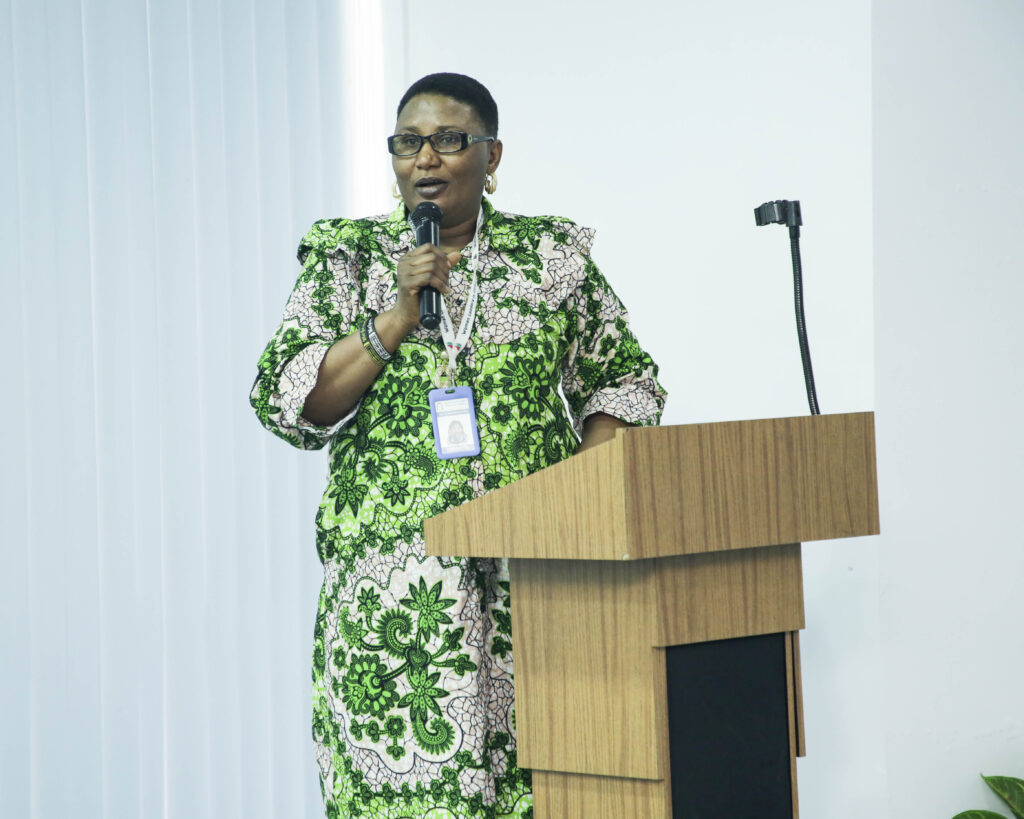
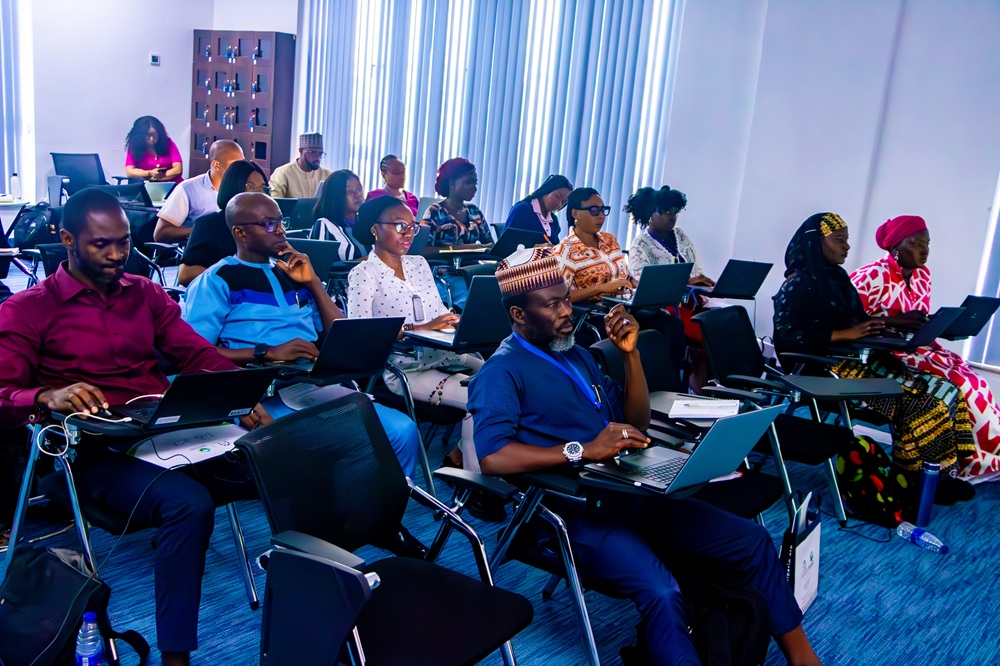
Ondo State Unveils IHVN as Official Non-State Actor for IMPACT Malaria Project
To combat malaria and enhance maternal and child health, the Ondo State Government has officially unveiled the Institute of Human Virology Nigeria (IHVN) as the Non-State Actor (NSA) for the Immunization and Malaria Progress by Accelerating Coverage and Transforming Services (IMPACT) Malaria Project.
The unveiling ceremony, held in Akure, was presided over by Ondo State Governor, Lucky Aiyedatiwa who was represented by the Special Adviser to the Governor on Health, Professor Simidele Odimayo. He emphasized the state’s commitment to transparency and excellence in selecting IHVN, aligning with Ondo State’s reputation for integrity and proactive health initiatives.
At the event, IHVN IMPACT Project Chief of Party, Dr. Temitope Kolade affirmed the Institute’s commitment to working closely with the state to achieve set targets. “We are working with local community-based organizations to ensure that we gain ownership and easy acceptance of the project in the state. We are also going to work with the existing community structures, the gatekeepers, ward development committees, and local government structures,” she noted.
Professor Odimayo highlighted the alarming global malaria statistics, noting that Nigeria accounts for 37% of the global malaria burden. He urged IHVN to collaborate closely with the state to alter this narrative by implementing effective strategies and ensuring measurable improvements in malaria indices.
He stated, “At the end of the exercise, Governor Lucky Orimisan Aiyedatiwa expects that the statistics must change in the state. We will be assessing you, and we want to be proud at the end of the project.”
The IMPACT Malaria Project is funded by the World Bank and aims to promote the use of Insecticide-Treated Nets (ITNs) among pregnant women and children under five. Other project goals include, strengthening case management skills of healthcare providers through Integrated Management of Childhood Illnesses (IMCI) training and sensitizing communities on the use of Intermittent Preventive Treatment in Pregnancy (IPTp) and Seasonal Malaria Chemoprevention (SMC).
The Ondo State IMPACT Project Manager Dr. Folayan Abolaji, outlined the project’s goals, including reducing under-five mortality in the state by 40%, from 15 to less than 10 deaths per 1,000 live births. He emphasized the importance of community engagement, stating that previous surveys indicated excellent distribution of ITNs but poor utilization. “This program will see to it that while making provision for necessary interventions, commodities, and drugs, we engage civil society organizations and community based organizations that will propagate and increase the utilization of these services,” he said.
The Ondo State Government’s partnership with IHVN under the IMPACT Malaria Project represents a concerted effort to reduce malaria prevalence and improve maternal and child health outcomes, aligning with the broader goal of achieving a malaria-free Nigeria by 2030
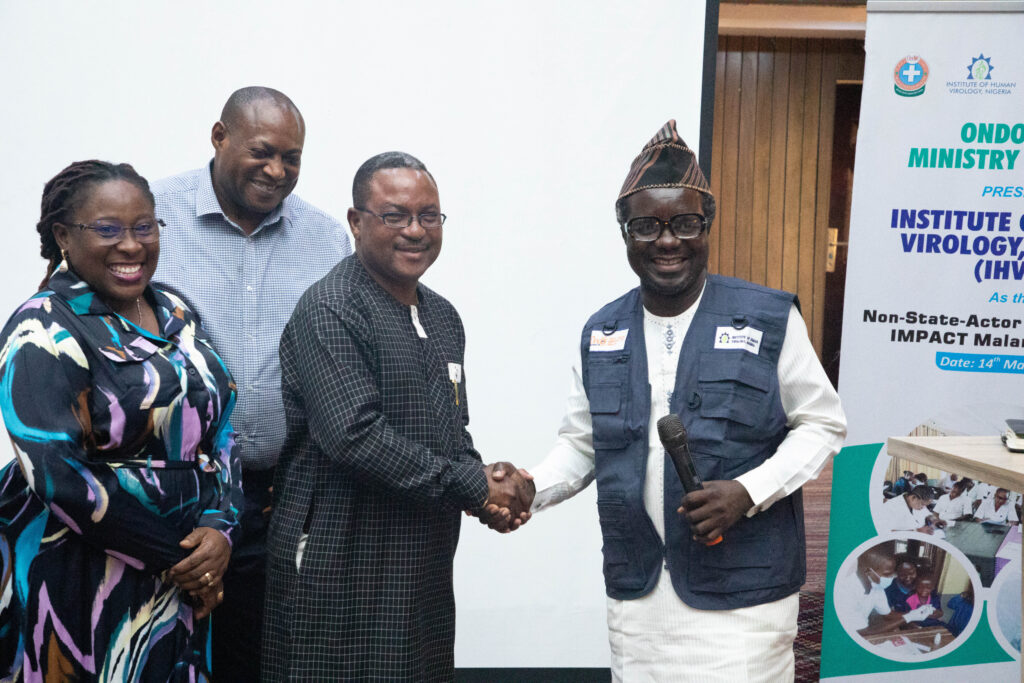
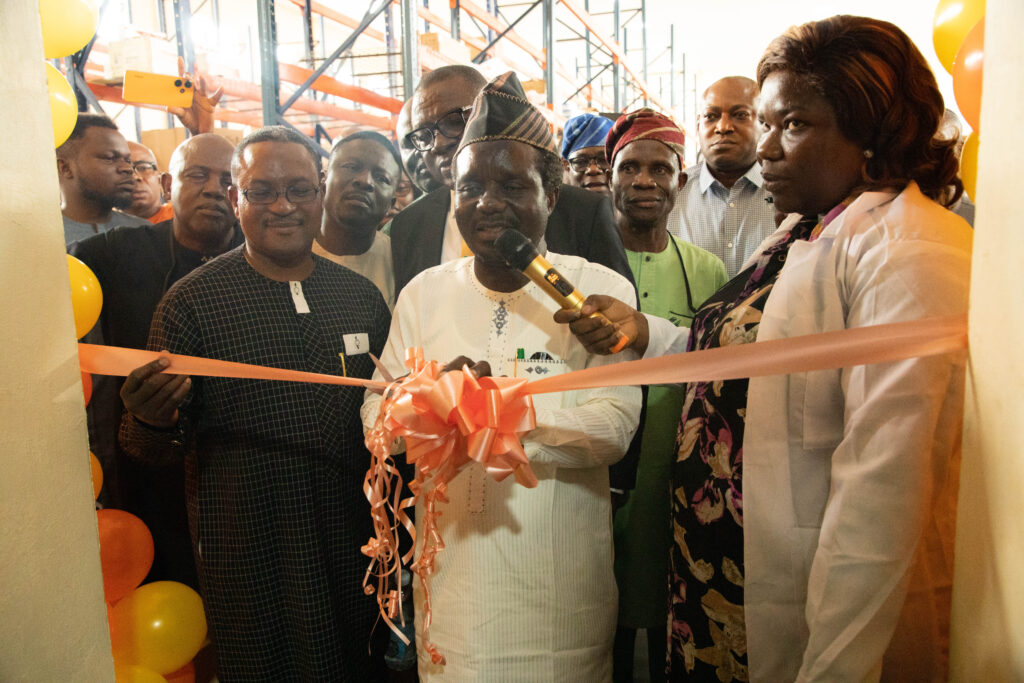
IHVN, FMOH train Laboratory Experts from 4 States
To strengthen laboratory systems in the country, the Institute of Human Virology Nigeria (IHVN) and the Medical Laboratory Services Division of the Federal Ministry of Health and Social Welfare (FMOH &SW) have organized a two-day training and mentorship session for the leadership of State Laboratory Technical Working Groups (SLTWG) in four states.
Trainees were drawn from the Federal Capital Territory, Kano, Bayelsa and Nasarawa states and participated in sessions which highlighted the role of SLTWG in strategic responses to public health emergencies. Mentoring sessions also stressed cross sector collaboration in laboratory governance, team building and effective leadership.
IHVN Program Manager Clinical Laboratory Services, Mrs Joy Shimang said that the training was aimed at empowering the leadership teams to coordinate, lead effectively, and drive result-oriented activities of the groups.
Participants said the sessions were beneficial in supporting the growth of the technical working groups. Kano State Deputy Director Medical Laboratory Services, Mr. Hamza S. Fagge who participated in the training said that it has equipped him with the knowledge to address some teething challenges faced after the establishment of SLTWGs in the state.
Another participant, Nasarawa State Director Medical Laboratory Services, Mr. Stephen Ogoh added that , “the meeting was educative and insightful. I know that when I get back, we’ll be able to fine tune those areas that are challenging so that we will have a better State Laboratory Technical Working Group.”
The training was supported by the Resolve to Save Lives Project. The project has successfully established and supported the SLTWG in Bayelsa, FCT, Nasarawa, and Kano state respectively which is significant milestone in strengthening laboratory governance and coordination under the One Health framework.
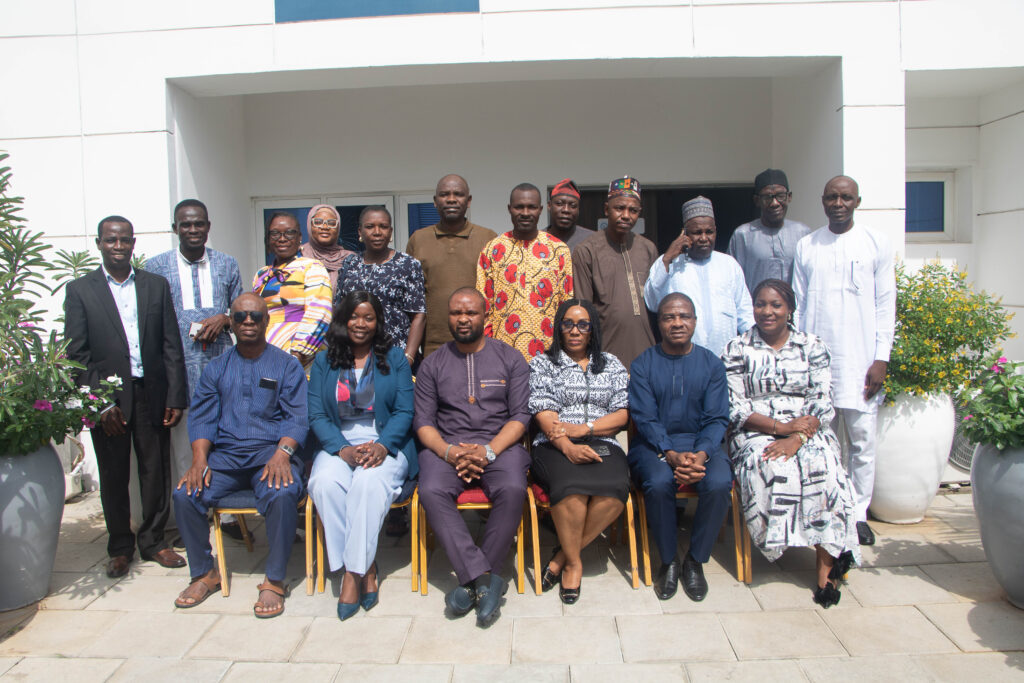
IHVN Celebrates April Employees of the Month
In fostering an excellent work culture and staff performance, the Executive Management of the Institute of Human Virology Nigeria (IHVN) has initiated the “Employee Recognition Awards” to recognize “Employees of the Month” and “Employee of the Year.”
According to the IHVN Director of Finance and Administration, Mr. Olu Alabi, this recognition covers overall employee performance in dressing, innovation, teamwork, productivity, efficiency, leadership and interpersonal skills, punctuality, and adherence to company values and principles, amongst other things.
For April 2025, IHVN Celebrates, Blessing Ademola Ajayi, Temitope Olukomogbon, Olasinbo Balogun, Tolulope Olufemi, Bola Adeniyi, Golda Ezeh, Oguns El Shaddai, Abdullahi Aliyu Arikya, Cornelius Gweba and Paschal Lojah whose performance stood out in their teams.
Three hearty cheers to our April star performers!
